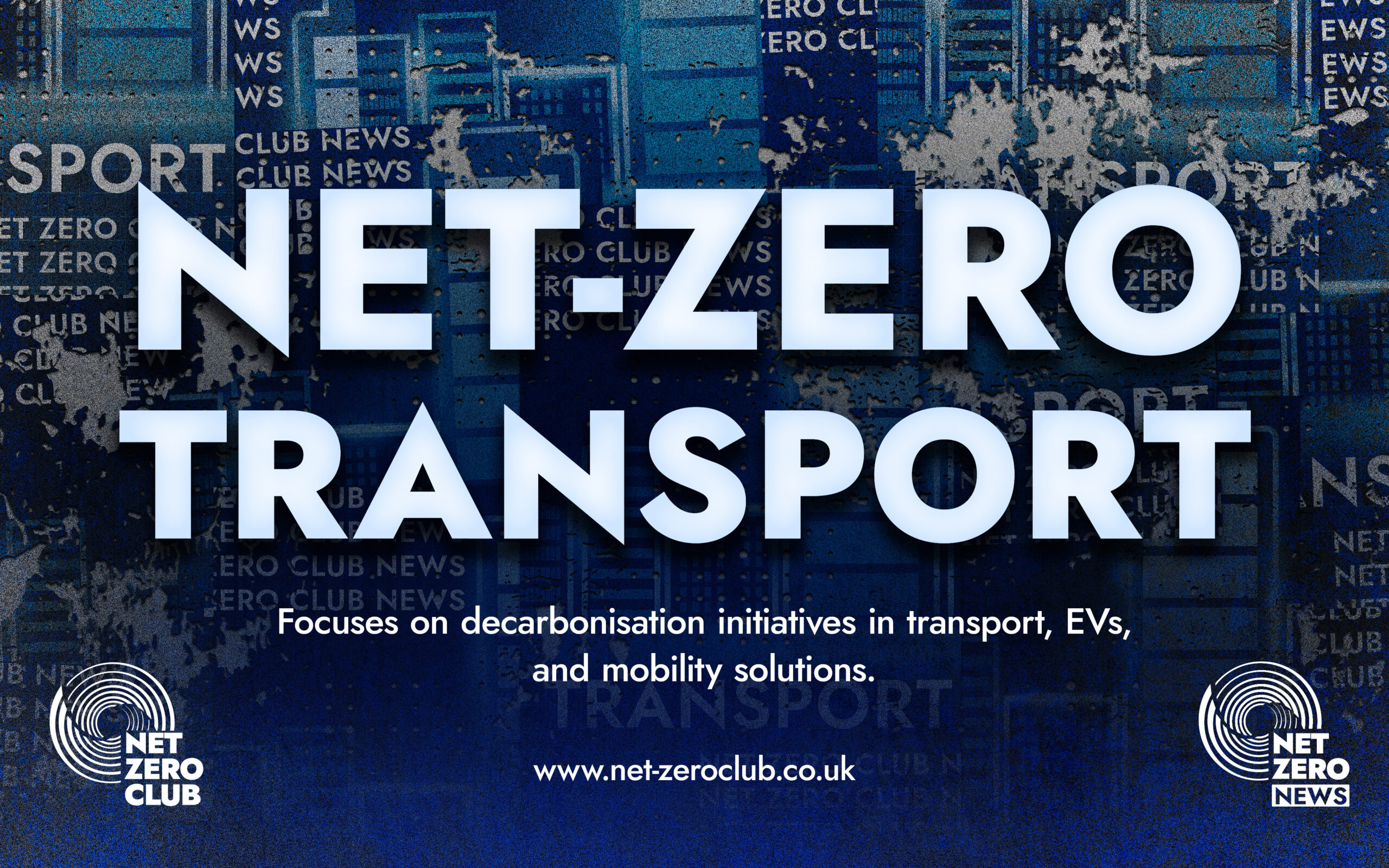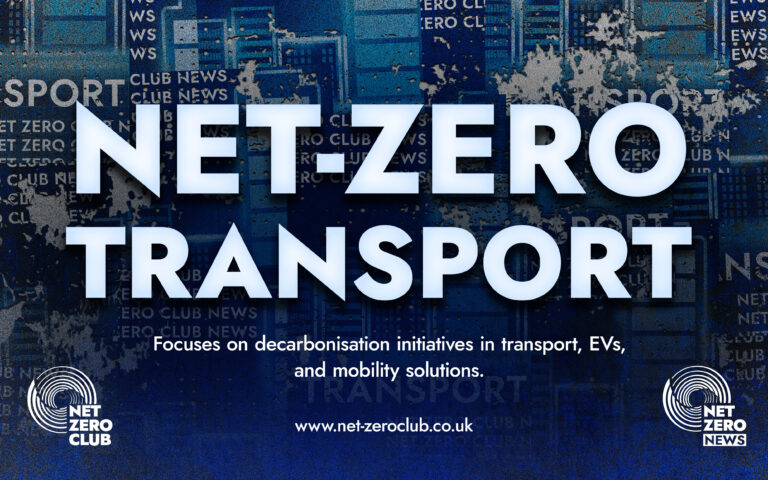Why Tax and NI Savings Drive EV Salary Sacrifice Trends

Welcome, Net Zero News readers,
In an era where sustainable choices are increasingly paramount, the latest findings from Tusker’s EV Driver Survey Report 2025 reveal some intriguing insights into the motivations behind the adoption of electric vehicles (EVs) among employees. According to the survey, which engaged over 6,600 participants, a surprising trend is emerging: financial incentives are currently taking precedence over environmental consciousness when it comes to the decision to switch to electric.
While many might expect that the primary motivation for adopting EVs would be the positive environmental impact, only 20% of employees cited ecological benefits as their main reason for making the switch. Instead, a significant 38% of those with an electric vehicle pointed to tax and National Insurance (NI) savings as their foremost incentive. This figure has risen notably from 31% in the previous year, indicating a growing awareness of the financial advantages that come with driving an EV.
Following financial incentives, fuel savings emerged as the second most compelling reason, with 28% of employees highlighting this as a crucial factor in their decision. It’s clear that while the desire for sustainable living is present, the tangible economic benefits of electric vehicles are proving to be a major driving force in their increasing popularity.
The survey also explored the perspectives of non-EV drivers regarding their next vehicle choice. A staggering 69% indicated that price, tax benefits, or affordability through a salary sacrifice scheme were their top considerations. This was closely followed by 62% of respondents who emphasised cheaper running costs as a decisive factor. In stark contrast, only 38% of these potential EV buyers were motivated by environmental considerations, which is almost half the number of those who are already benefitting from salary sacrifice schemes. This shift highlights a significant evolution in the perception of electric vehicles, moving from an eco-friendly choice to a financially sound one.
Tusker has noted that this change in motivation underscores how salary sacrifice schemes have transformed from being seen merely as a ‘green perk’ to a legitimate financial wellbeing benefit. These schemes not only support employees in managing their cost of living but also facilitate a smoother transition to electric vehicles by alleviating the burden of high upfront costs. With 63% of potential drivers still deterred by the initial price of EVs, salary sacrifice schemes are proving to be a viable solution, allowing a broader demographic to embrace electric mobility without the need for substantial initial outlays.
Encouragingly, the survey also revealed a significant reduction in concerns regarding charging infrastructure, a long-standing barrier to EV adoption. The percentage of respondents worried about the availability of charge points has dropped sharply from 73% in 2024 to 52% this year. Similarly, concerns about the range of electric vehicles have decreased from 70% to 47%, and anxieties surrounding charging times have fallen from 60% to an impressive 36%. These statistics suggest that while financial factors remain a critical consideration, the practical aspects of EV ownership are becoming increasingly manageable for potential drivers.
Kit Wisdom, managing director at Tusker, commented on these findings, stating, “Much of the EV market’s growth is being driven by salary sacrifice car schemes, where people are making excellent use of the tax and NI savings available. Research by the BVRLA suggests the use of salary sacrifice grew by 51% in the 12 months leading up to January 2025, driven in part by the availability of smaller, more affordable EVs and new leasing models, including options for second-hand vehicles.”
Furthermore, employers stand to gain from these schemes as well. With the potential for National Insurance savings, companies are seeing improvements in recruitment and retention, as employees are more likely to join and remain with organisations that offer such beneficial arrangements.
Tusker, which is part of Lloyds Banking Group, has established itself as a pivotal player in the UK’s EV landscape, with over 135,000 drivers currently on the roads and schemes available to over two million eligible employees. This reach signifies a growing commitment to fostering electric vehicle adoption across various sectors.
Additionally, the survey highlighted a remarkable level of satisfaction among Tusker drivers. An impressive 96% reported being satisfied or very satisfied with their electric vehicles, a rise from 93% the previous year. Notably, only 3% of participants expressed a desire to revert to petrol or diesel vehicles, reinforcing the idea that once drivers make the switch to electric, they rarely look back.
Looking to the future, the demand for electric vehicles through salary sacrifice schemes is poised for further growth. More than seven in ten (71%) non-EV drivers believe they will be driving electric within the next four years, an increase from 69% in 2024. Furthermore, over a third (35%) indicated that they would choose an electric vehicle if they were to change their car today. This growing inclination towards electric mobility suggests a significant shift in consumer attitudes, driven largely by economic factors.
Kit Wisdom concluded, “Our survey shows that once drivers make the switch, they don’t look back. The vast majority are satisfied with their EVs, enjoy lower costs, and plan to stay electric for the long term. That’s why salary sacrifice is so important: it helps overcome affordability barriers while boosting employee engagement, retention, and sustainability commitments.”
As we move forward in this critical transition towards a greener future, it is essential to recognise the role of financial incentives and practical benefits in driving the adoption of electric vehicles. By prioritising economic considerations alongside environmental objectives, we can create a more inclusive and sustainable pathway for all. The journey towards net zero is not solely about making sacrifices; it is equally about embracing opportunities that enhance our financial wellbeing while contributing to a cleaner planet.
Let us continue to champion the cause of electric mobility, ensuring that the shift to sustainable transport is accessible, practical, and beneficial for everyone. Together, we can drive the change we wish to see in the world.

 Got net-zero news, project updates, or product launches to share?
Got net-zero news, project updates, or product launches to share? 